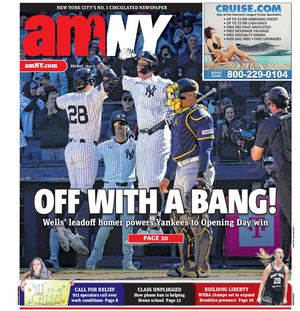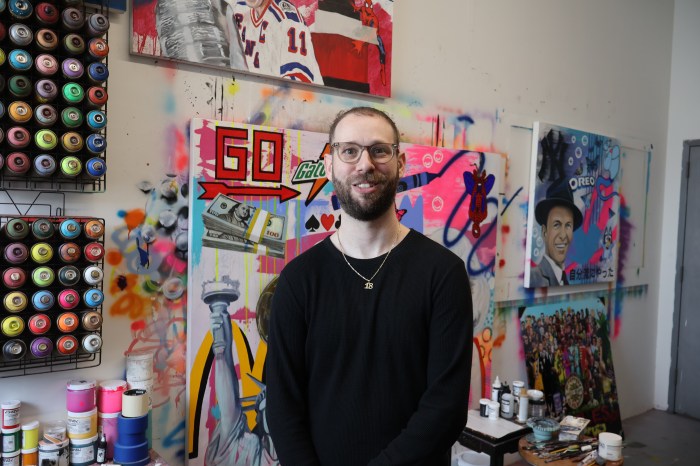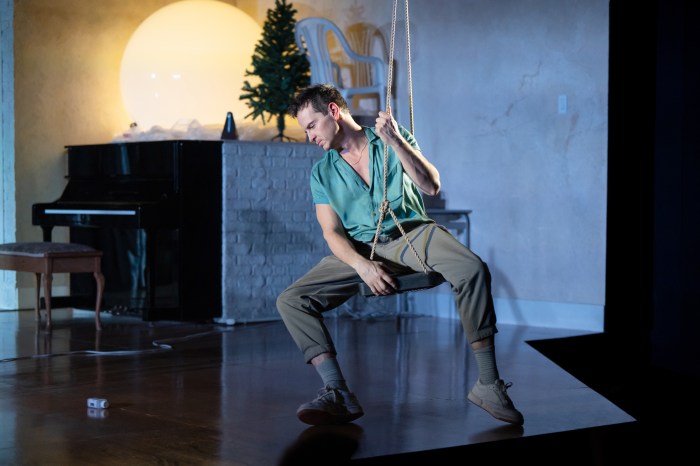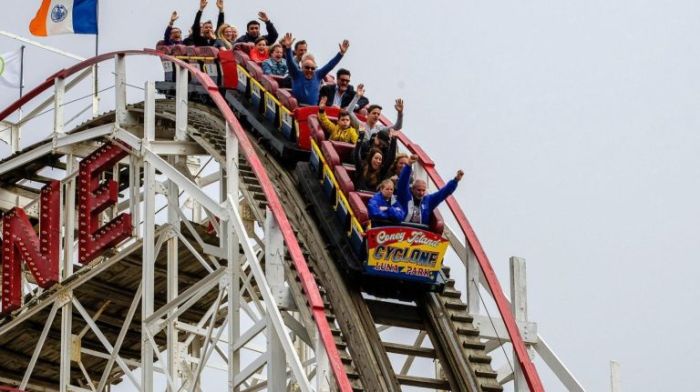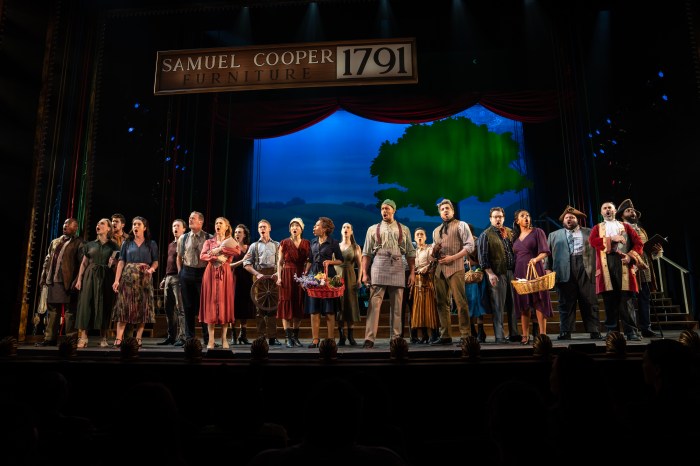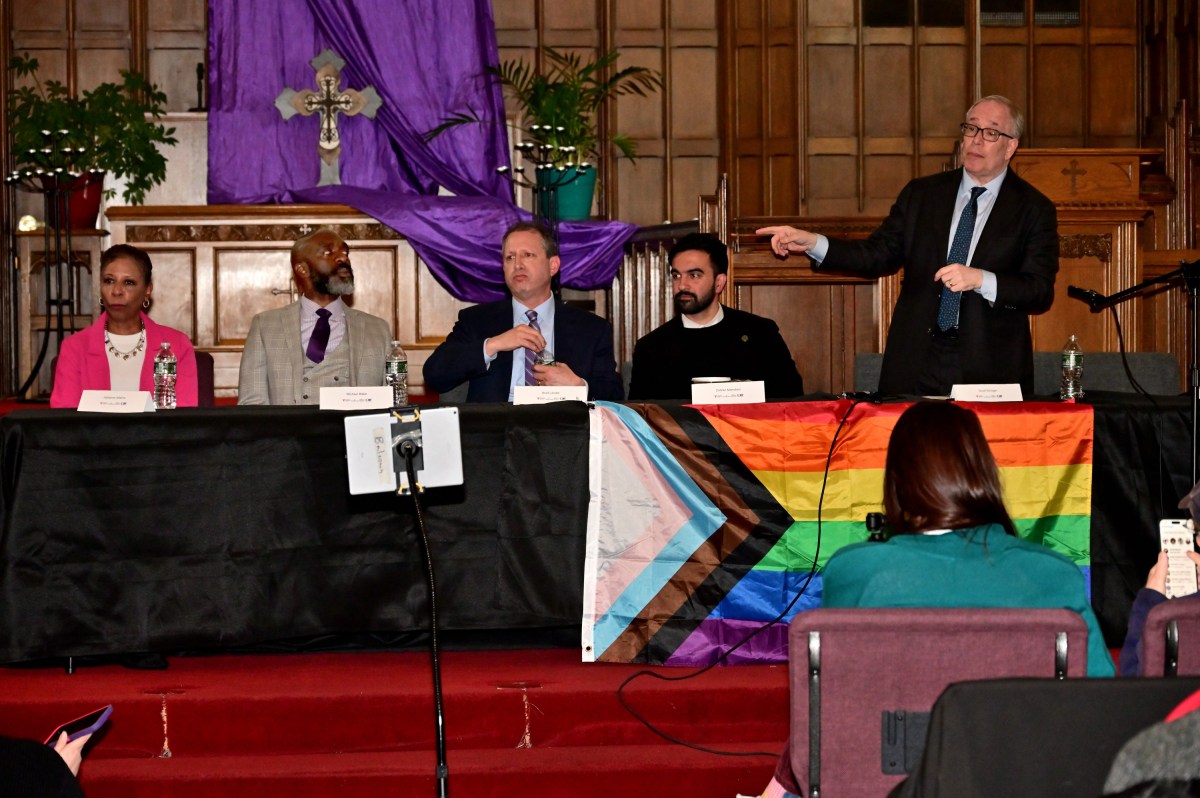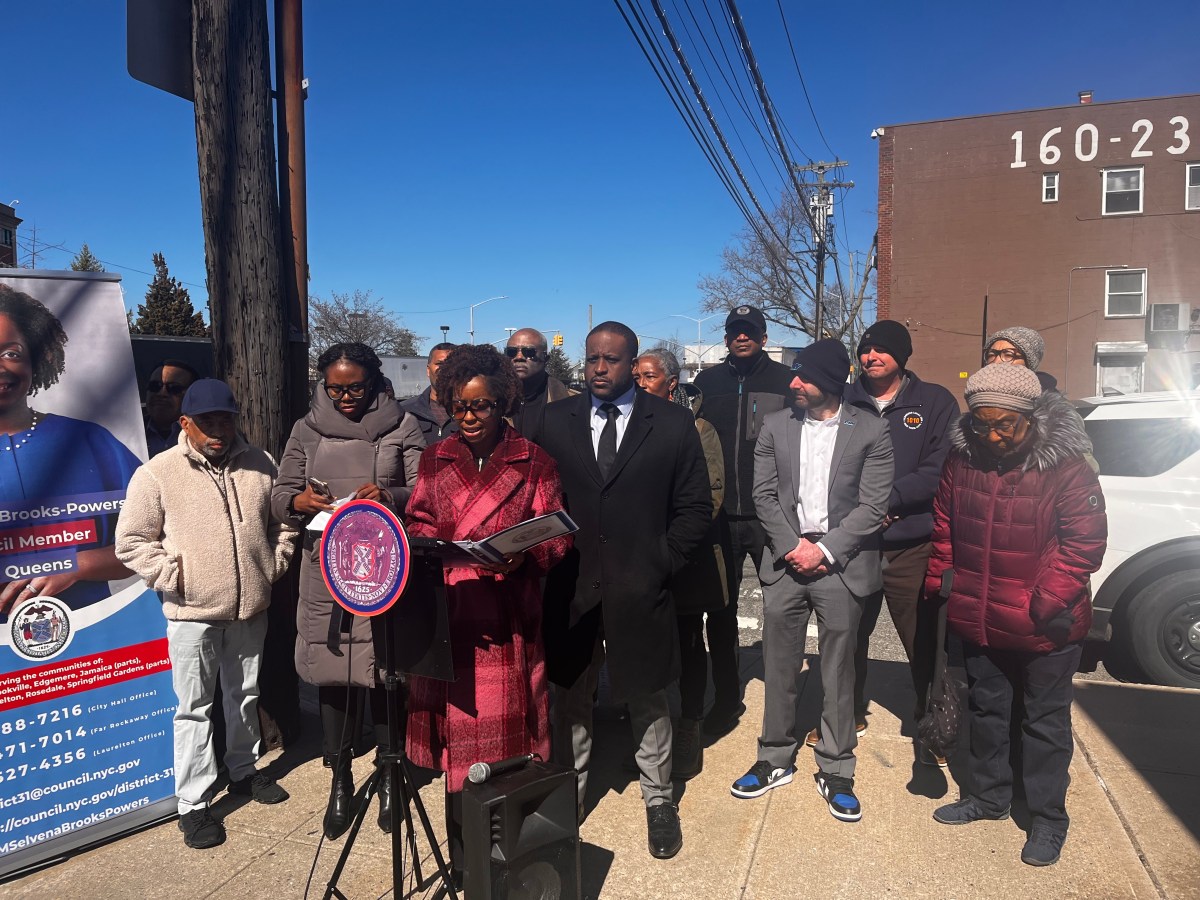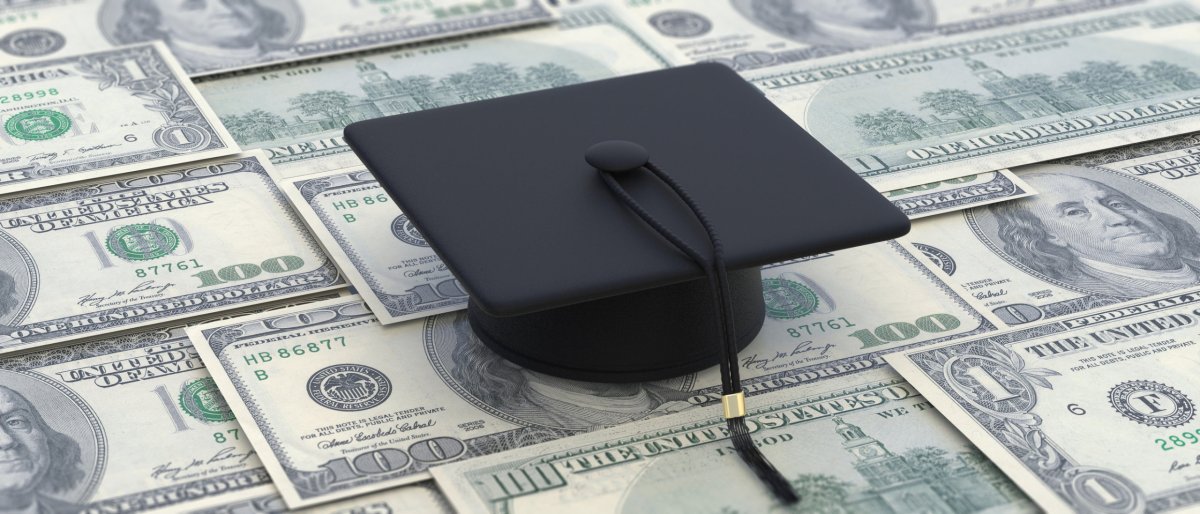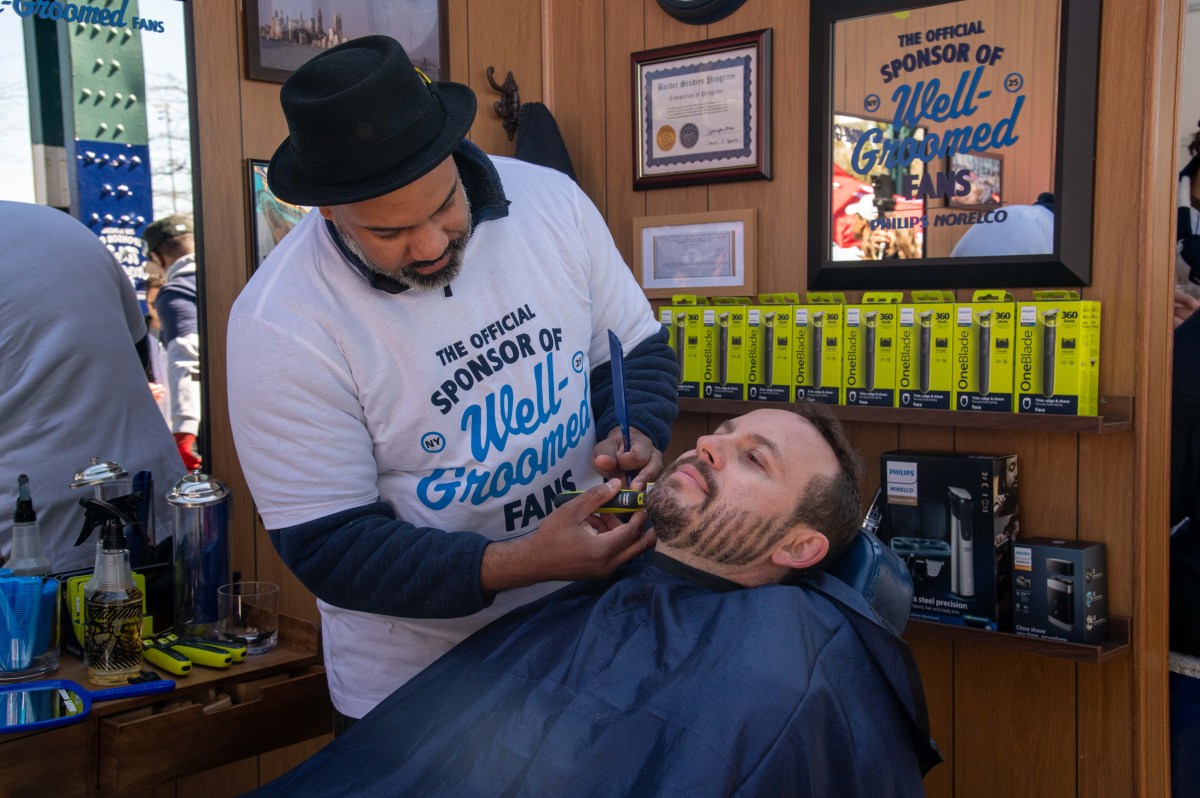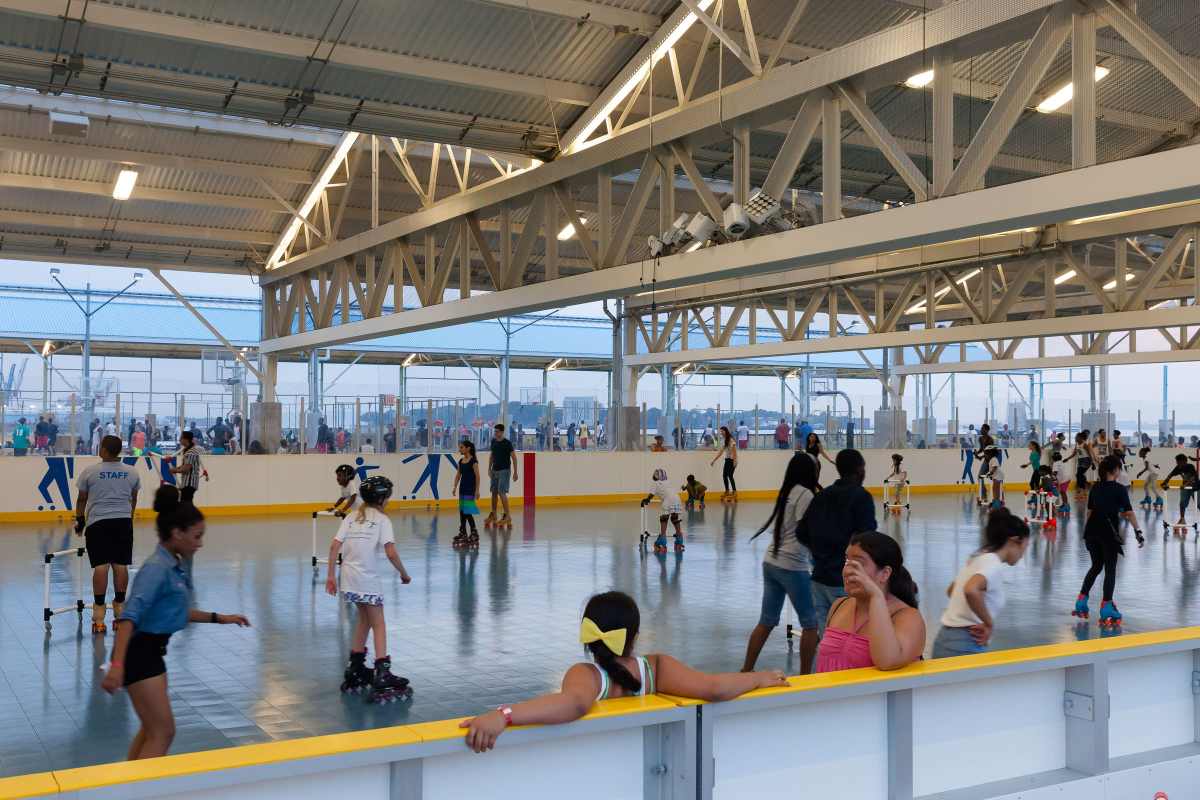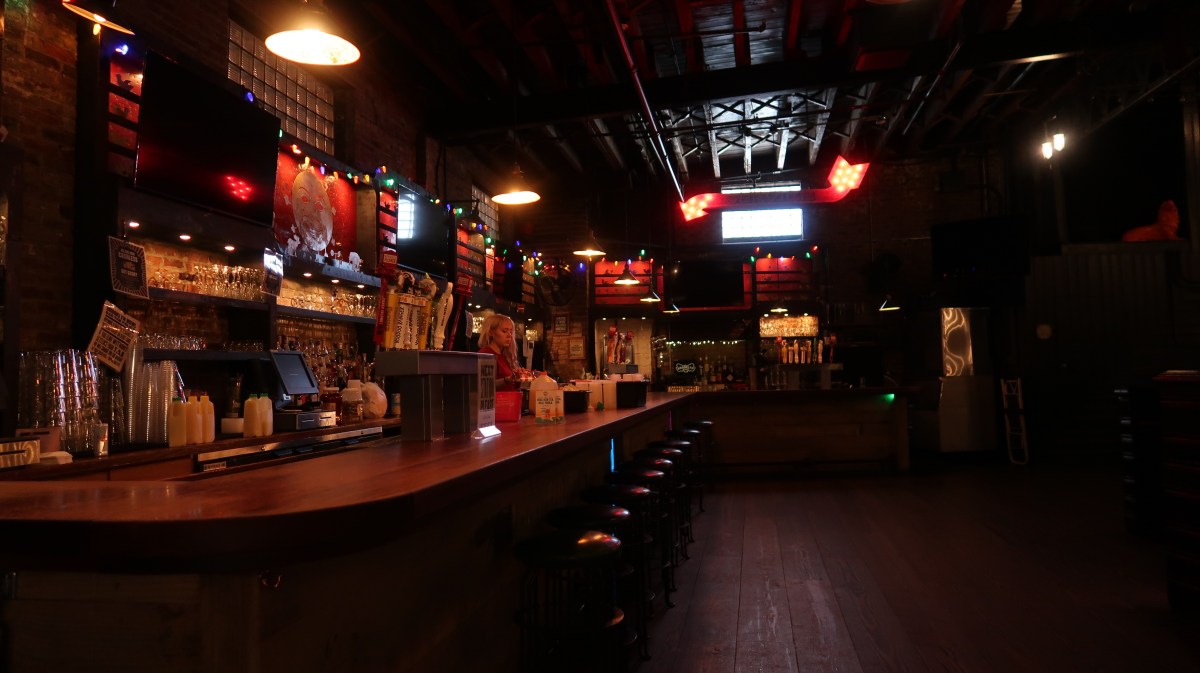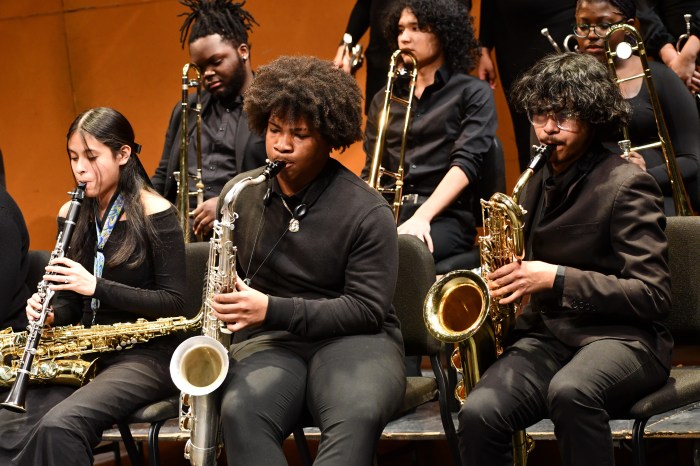Grandmaster Caz thought he had fried the Bronx’s grid.
He was all set up, along with his crewmate Disco Wiz, for a DJ battle against the Master Plan Bunch at the Slattery Playground Basketball Courts in the Bronx. But when he put on his second record, 40 years ago Thursday, something went wrong.
“The turntable stopped spinning, the amps went off, the equipment went off,” he says. “We thought we blew out the power! And it didn’t just get dark, it was like poof! Poof! Poof! Poof! One light after another, down the street, until the whole street was dark.”
What he didn’t know was that, at that exact moment, lights were going “poof” all across New York City. It was the beginning of what is now known as the 1977 blackout and a moment that helped evolve an art movement in the Bronx: hip-hop.
In assessing the effect that the city’s blackout had on the culture, it’s important to understand just how small hip-hop was in 1977. It’s said that one could possibly count the number of crews, usually made up of DJs alone, on two hands.
“I pretty much was familiar with everybody who had a name,” Caz says. “There’s levels to everything … but as far as everybody who was established, doing it, taking equipment out, playing in parks, it was a pretty small community and everybody knew who everybody was.”
On the night of July 13, 1977, an act of nature started to change that. Lightning struck multiple power generators, causing the backups and diversion plants to overload. A financially-stricken city, already on edge during the Summer of Sam, reached a breaking point. By about 9:30, the majority of NYC went dark and parts turned chaotic. Around 16,000 stores were looted, and more than 1,000 fires were set, according to contemporaneous reports. The total cost of the damage was estimated to be more than $300 million.
Caz himself got in on the action, stealing a mixer. And, Caz recalls, he wasn’t alone.
“There was a large amount of DJs after that because equipment became more accessible,” he says. “That’s not to say that they went on to become superstars or anything like that. A lot of that equipment got sold or stolen. But it did increase the number of people who had access to DJ equipment.”
An altruistic “sharing economy” also existed at the time, author and hip-hop scholar Joe Schloss says, that got turntables, mixers and speakers into the hands of those who would use them.
And with DJs working in crews, very often they’d be able to cobble together a full sound system among themselves.
“People already had this kind of infrastructure in place to maximize the resources,” he says. “Even if not that many people got equipment from the blackout, whatever they did get could have been that much more of a tipping point than it might seem.”
It is, of course, impossible to quantify the exact effect of the blackout on hip-hop music. While legends like Caz and Clark Kent (who said in a podcast interview with Juan Epstein that he stole his first turntable during the looting) may have gotten in on the action, most DJs who got their start thanks to events of that night have been lost to time.
“It’s just such an amazing, fertile spark of a moment for so many different movements in a way,” says T Cooper who, along with his wife Allison Glock-Cooper, wrote the episode of Netflix’s “The Get Down” that dealt with the blackout. “I love the idea of a lightning bolt creating too much energy, and then out of it, all these people tap a little bit into that energy.”
And even if the impact can’t be quantified, the story itself reflects a certain emotional truth about hip-hop.
“So much of hip-hop is about not playing by the rules of the rest of society,” Schloss says. “And part of justifying that is saying, ‘If we’re not going to be treated fairly under those rules, what do we owe them? Why shouldn’t we come up with our own system?’”
Read more: Queen Latifah Spotted Filming ‘The Equalizer’ in Soho
